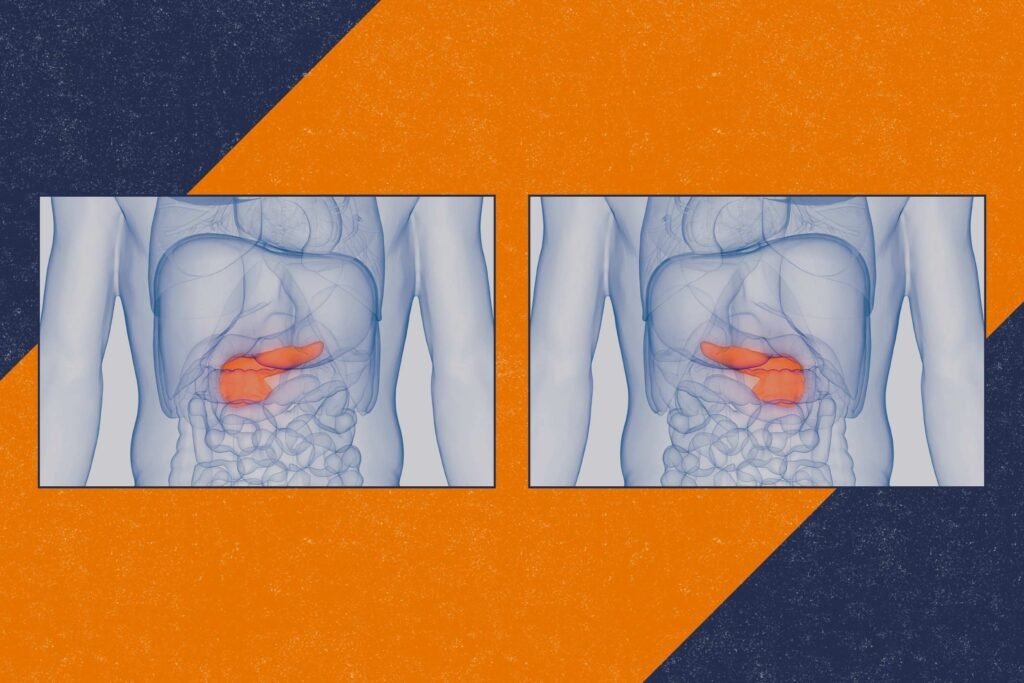A groundbreaking artificial pancreas system developed by the University of Virginia is leveraging digital twin technology to enhance diabetes management. This adaptive biobehavioral control system fine-tunes insulin delivery every two weeks, allowing users to test different settings in a virtual environment before applying them in real life. In a six-month study, participants using the technology saw an increase in time spent within a healthy blood-sugar range, rising from 72% to 77%, alongside a small but meaningful drop in average blood-sugar levels.
The digital twin technology creates a personalized simulation of each user’s metabolic system, enabling both the artificial pancreas and the individual to co-adapt for optimal diabetes control. Users can experiment with different insulin release settings overnight, ensuring better blood-sugar regulation during daily fluctuations caused by meals and physical activity. This approach addresses common challenges in automated insulin delivery, such as plateauing effectiveness and difficulty adapting to changing physiological needs.
By facilitating human-machine co-adaptation, this innovation represents a significant step forward in diabetes care. Researchers anticipate that digital twin technology will continue to refine automated insulin delivery systems, making them more responsive and personalized for individuals managing type 1 diabetes.
Full Article From UVA: UVA’s artificial pancreas uses ‘digital twin’ tech to improve diabetes control

